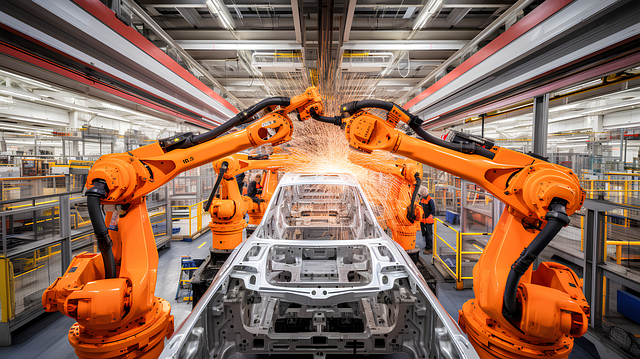
About us
The European Automotive Cluster Network EACN is the leading network of clusters active in the fields of automotive, transport and mobility in Europe. It has been initiated in 2017 by eight clusters and grew to reach more then 30 clusters from 17 European countries.
EACN represents more than 4.500 companies covering the whole value chain, R&D institutions, public authorities, and other institutions. All OEMs and main Tier-1 suppliers with plants in Europe are members in at least one of EACN’s clusters.
Our Vision
EACN will be an unapparelled cohesive network for all European automotive clusters, it will create value for members through cooperation, best practice, insight, and exploiting synergies that make clusters more resilient and drive European competitiveness
Our Mission
Exchange knowledge and boost cooperation and synergies between members to secure their long-term success
Our mission
EACN pursues three strategic objectives:
1. Strengthen competitiveness of the European automotive industry
2. Foster cooperation among member clusters
3. Boost transnational and international business and innovation among cluster members
Therefore, EACN clusters collaborate to
– initiate and facilitate business between members
– stimulate European and transnational R&D project
– participate in partner events and organise joint events
– identify partner opportunities and help finding partners
– join forces through best practices exchanges, joint working groups
EACN is an interlocutor for the European Commission and other European institutions to discuss issues concerning the automotive industry and especially SMEs in the value network. EACN also participates in the Automotive Skills Alliance and supports actions helping training people to adopt to new challenges.

